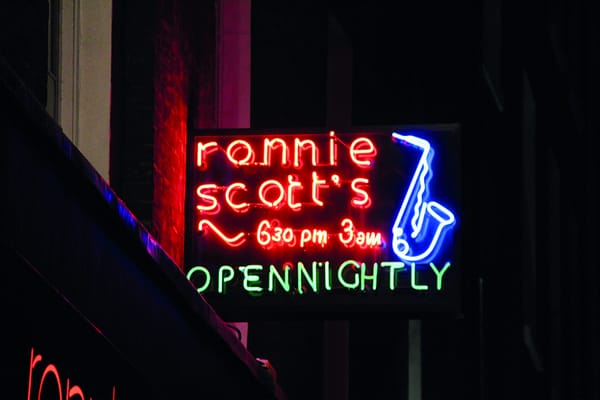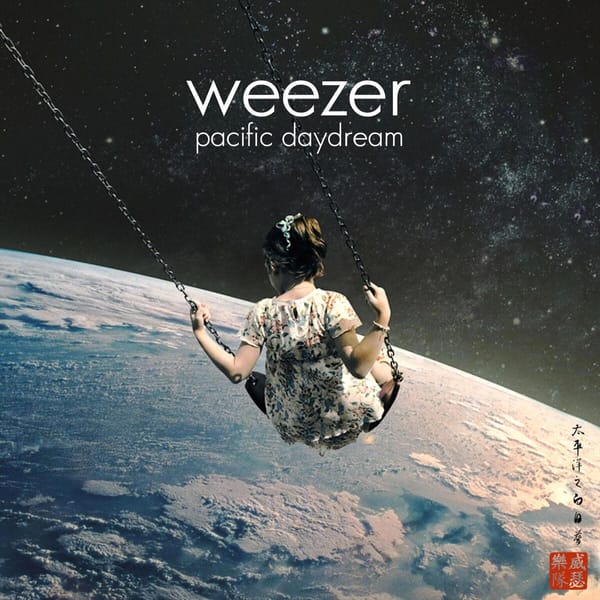Bowie, Berlin, and battling sobriety
40 years of Iggy Pop’s The Idiot.

Unofficially dubbed ‘the Berlin Trilogy’, the three studio albums that David Bowie produced between 1977 and 1979 were arguably him at his creative peak. With the help of Brian Eno, Low, “Heroes”, and Lodger brought all kinds of sonic experimentation, far from the Ziggy-era flamboyance and Thin White Duke stoicism. The name for this set, however, is misleading; not only was it, for the most part, not even recorded in Berlin, but also the big Bowie umbrella spans far wider than just those three albums.
Things weren’t looking so swell for Bowie in ‘76. Sure, he’d just released a truly remarkable album in Station to Station, but he didn’t even remember recording it. Existing on a diet of solely red peppers, milk and cocaine, he was slowly losing his grip on reality, and was convinced that Led Zeppelin guitarist Jimmy Page had placed a curse on him and was trying to steal his semen. Probably time to take a break.
And so he did. Sort of. Leaving the toxic LA microcosm behind, he upped sticks and moved to Berlin in an effort to sober up, taking with him his friend James Osterberg, who was struggling with his own addictions. Osterberg, perhaps known better as Iggy Pop, was fresh out of the breakup of raucous proto-punk band The Stooges, and looking to form a solo career, sought Bowie’s help.
The first of many collaborative outputs for them was 1977’s The Idiot. Though it’s an Iggy Pop album in name, it’s not unreasonable to say that Bowie was the main creative driving force behind it. A bit rough around the edges, the bulk of the recording was done in Chateau d’Herouville, a big mansion in the middle of just about nowhere, with very little in the way of proper engineering. As a result, the sound is gnarly and raw; Pop’s characteristic gravelly snarl paired with Carlos Alomar’s buzzed guitars makes for something of an auditory assault.
Lyrically, the themes are dark. From the Oedipal nightmares of ‘Sister Midnight’ to the reflections on overdoses in ‘Dum Dum Boys’, Pop’s visceral and often spontaneous wordplay drench the LP in macabre hues. It’s not all doom and gloom however, the throbbing ‘Nightclubbing’ seeks to bring the sensations of Berlin’s pulsating nightlife, and there’s literally a song called ‘Funtime’.
Musically, clear inspiration was taken from German Electronic Krautrockers Kraftwerk, with extended progressive jams that verge into industrial territory, particularly notable on the sprawling closer ‘Mass Production’. It served as a litmus test for the desolate soundscapes that were to follow on Low and “Heroes”. Bowie even tested the water with ‘China Girl’, which he would release as a single of his own six years later, though arguably without the desperation and longing that set it apart in Iggy’s version. It was a vital stepping stone for both involved artists, but not without its own intrinsic artistic merit. The bastard child of the Berlin Trilogy remains the often forgotten jewel, a rough diamond that, when polished, sparkles as bright as the best of them.









